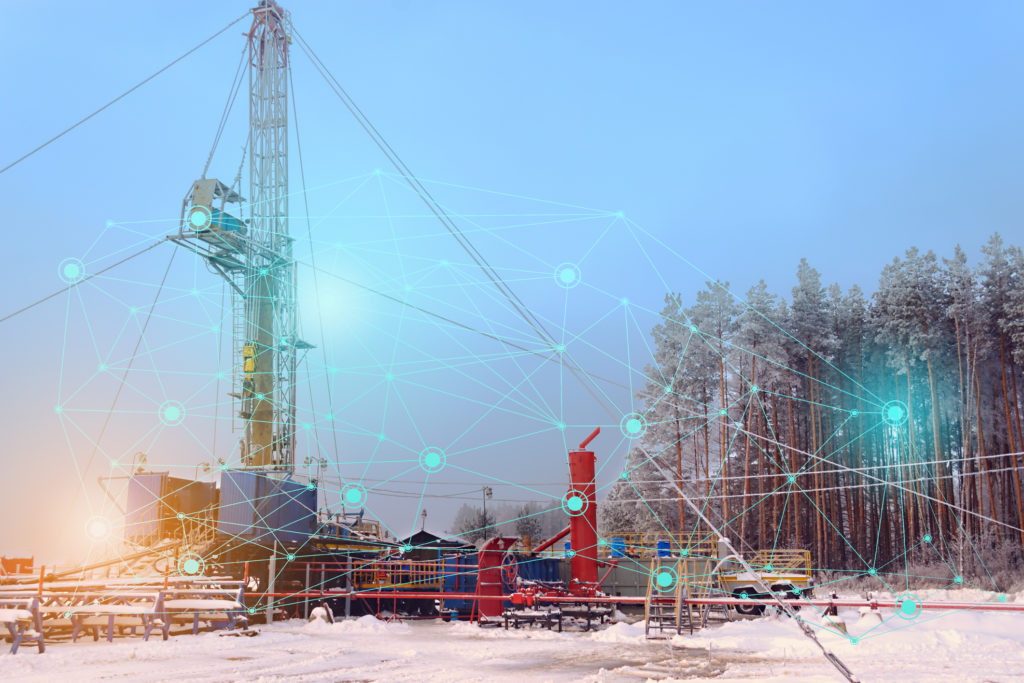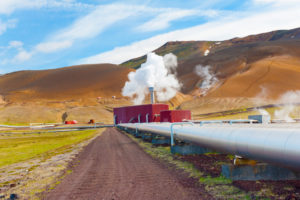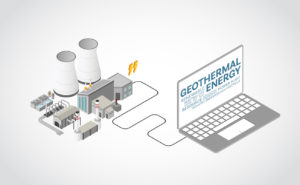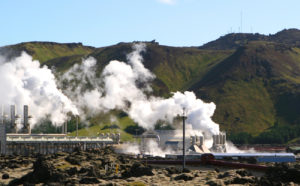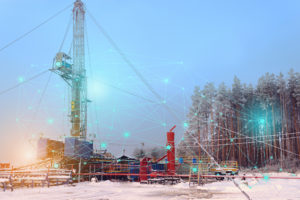As the OptiDrill project approaches its conclusion, we are excited to launch the project ending ‘Beneath the Surface’ blog series, where consortium partners share their perspectives, challenges, learnings, and insights based on their roles in the project.
In the third article of the series, we feature BESTEC GmbH, a leading German renewable energy company with extensive experience in geothermal energy. We talked to geologist Gitta WahI from BESTEC, who shares her reflections on their achievements, challenges, and vision for the future.
Pioneering Expertise in Geothermal Energy
BESTEC GmbH has established itself as a global leader in geothermal energy over the years. For the OptiDrill Project, BESTEC’s extensive experience in geothermal operations and its ability to work across diverse geological settings made it a cornerstone partner. Their role included providing real-world data and technical expertise to enhance OptiDrill’s AI-driven advisory system. “Our experiences from various rock types and geothermal systems formed the backbone of our contributions to the OptiDrill advisory system,” Gitta explained. “The field tests in Bochum demonstrated the promise of this work in real-time scenarios.”
Transforming Enhanced Geothermal Systems (EGS)
According to Gitta, the real-time information provided by downhole sensors is one of the most impactful features of the OptiDrill advisory system. This capability is especially critical for Enhanced Geothermal Systems (EGS), where drilling safety is most important. “This technology can significantly improve decision-making and safety in hard rock environments, where existing data is sparse,” she said.
Gitta envisions the advisory system becoming an indispensable tool for future EGS projects, accelerating progress while addressing the industry’s pressing need for predictive capabilities in challenging drilling conditions.
Milestones and Challenges
Reflecting on BESTEC’s progress, Gitta noted that the project advanced gradually, with key breakthroughs during specific phases. One groundbreaking moment was the evaluation of Non-Productive Time (NPT) data from external partners. “Analysing NPT data revealed numerous specific issues that must be addressed to speed up geothermal development,” she said.
However, significant challenges were also there during the project. “Negotiating non-disclosure agreements with commercial operators was particularly difficult,” Gitta shared. “Administrative hurdles within external organisations also delayed access to critical datasets, which impacted our timeline.”
Methodologies and Tools
While BESTEC was not directly involved in sensor development, they played a vital role in data analysis. “The hardest part of our work was obtaining and analyzing data from various commercial projects,” Gitta noted. Teamwork proved essential in overcoming these challenges.
BESTEC also focused on the need for industry-wide data sharing to improve efficiency and avoid repeating past mistakes. “An open-source geothermal borehole database could have accelerated our work significantly,” Gitta remarked, suggesting this as a potential area for future focus.
Collaboration and Key Takeaways
Collaboration with consortium partners was a key success of BESTEC in the OptiDrill project . “The AI-driven advisory system we developed as part of this project will be a game-changer for geothermal drilling operations,” Gitta said. “It will enhance safety, streamline decision-making, and reduce costs, ultimately transforming the industry.”
She also highlighted a recurring challenge in development projects: the reluctance of commercial operators to test new technologies. “This hesitation limits innovation,” she observed. “However, sharing experiences from drilling operations within the industry could help mitigate these risks and foster progress.”
Broader Applications and Future Impacts
The innovations developed in OptiDrill extend beyond geothermal energy. According to Gitta, the AI advisory system and sensor package are applicable to a wide range of deep drilling operations, including energy exploration, carbon capture and storage, and radioactive waste disposal.
“These tools have the potential to revolutionize deep drilling operations across multiple industries,” she said. “The insights gained from OptiDrill will undoubtedly benefit energy exploration as a whole.”
Interviewee Profile: Gitta Wahl
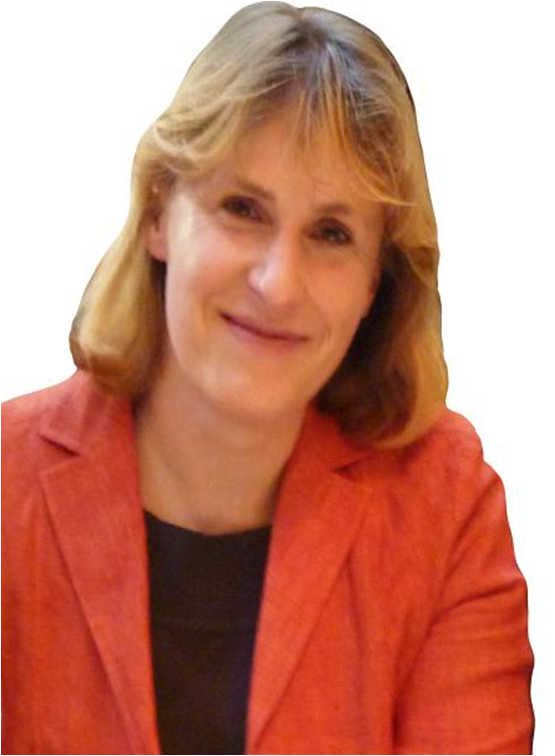
Gitta Wahl is a geologist and has been working for the company since 2008. Apart from playing an active role in the geothermal energy project in Insheim, in the past, she has also participated in similar projects in Bad Urach und in Soultz-sous-Forêts.
Diploma Thesis (1996), Eberhard-Karls University Tübingen, Germany: “Sedimentation and Diagenesis of Early Carboniferous Limestones in Southern Poland”
Areas of research: geology, structural setting of the Upper Rhine Graben, fibre optic temperature logging.
Founded in 2001, BESTEC GmbH specialises in natural and enhanced geothermal systems (EGS) for power production. The company has successfully executed commercial EGS projects in Landau and Insheim, Germany, and has collaborated on geothermal developments worldwide, including in Abu Dhabi, Australia, Egypt, and the United States.
BESTEC combines research expertise with industry application, ensuring the highest safety standards and innovative energy solutions. Their contributions to OptiDrill included providing data from their extensive project portfolio, such as the Eden Project and new wells, supporting the real-time development of data for machine learning and AI integration.
OptiDrill project is funded by the European Union’s Horizon 2020 Research and Innovation Action under grant agreement No. 101006964
